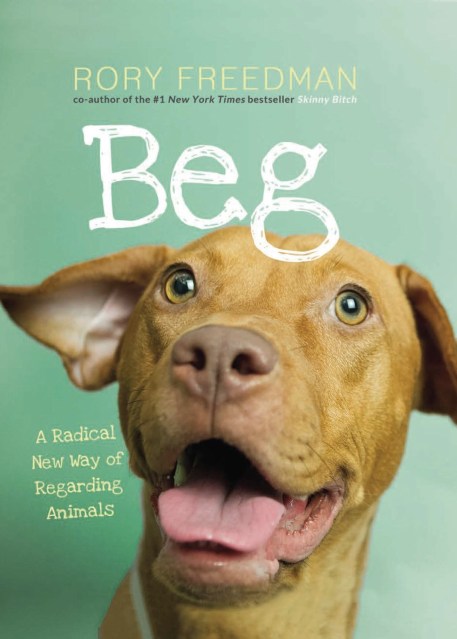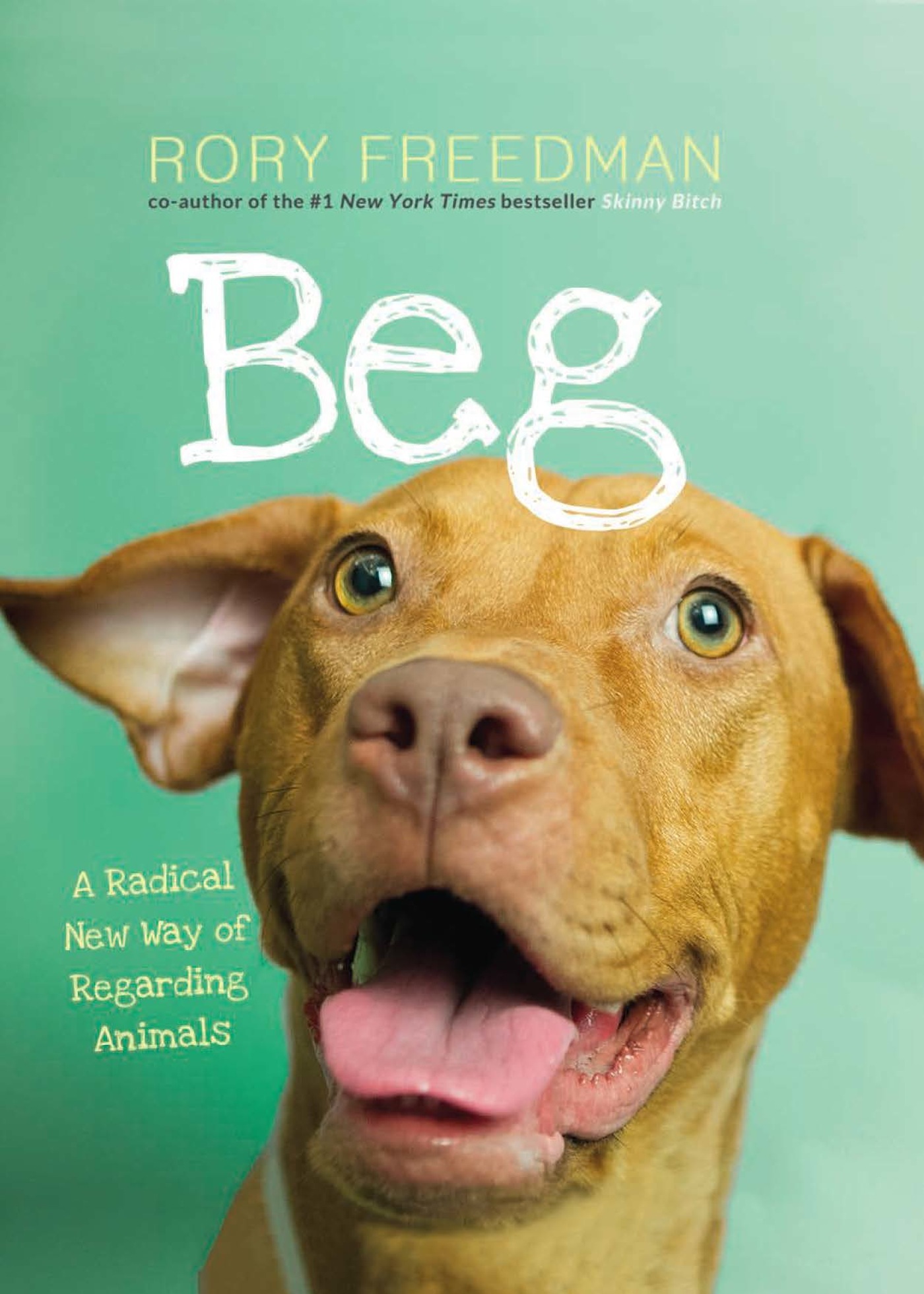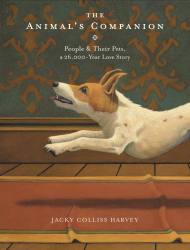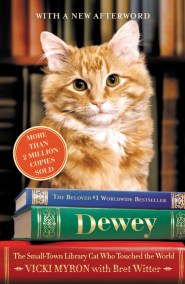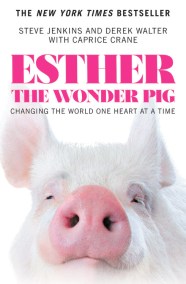Promotion
Use code MOM24 for 20% off site wide + free shipping over $45
Beg
A Radical New Way of Regarding Animals
Contributors
Formats and Prices
Price
$11.99Price
$15.99 CADFormat
Format:
- ebook $11.99 $15.99 CAD
- Hardcover $33.00 $42.00 CAD
This item is a preorder. Your payment method will be charged immediately, and the product is expected to ship on or around April 30, 2013. This date is subject to change due to shipping delays beyond our control.
Also available from:
Genre:
- On Sale
- Apr 30, 2013
- Page Count
- 192 pages
- Publisher
- Running Press
- ISBN-13
- 9780762449569
Newsletter Signup
By clicking ‘Sign Up,’ I acknowledge that I have read and agree to Hachette Book Group’s Privacy Policy and Terms of Use
